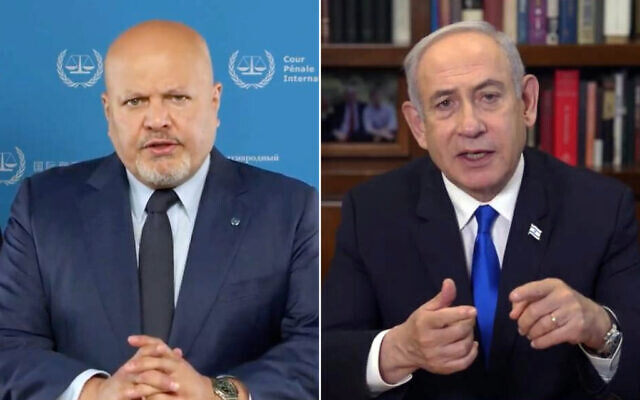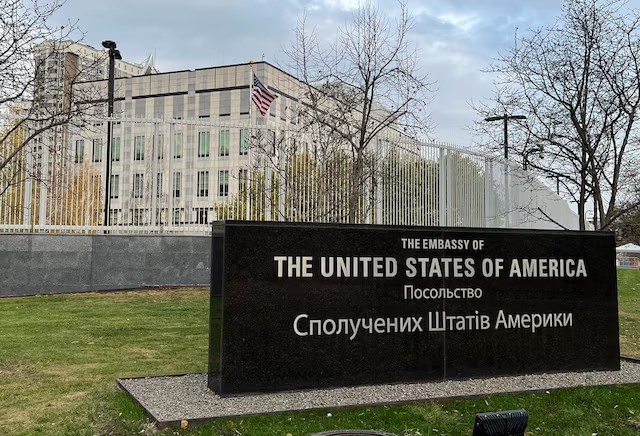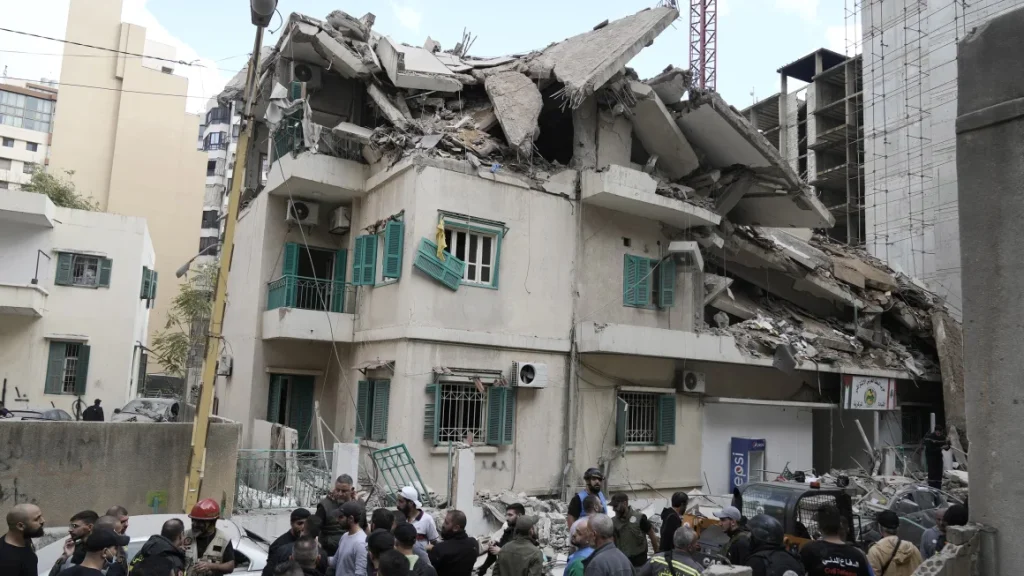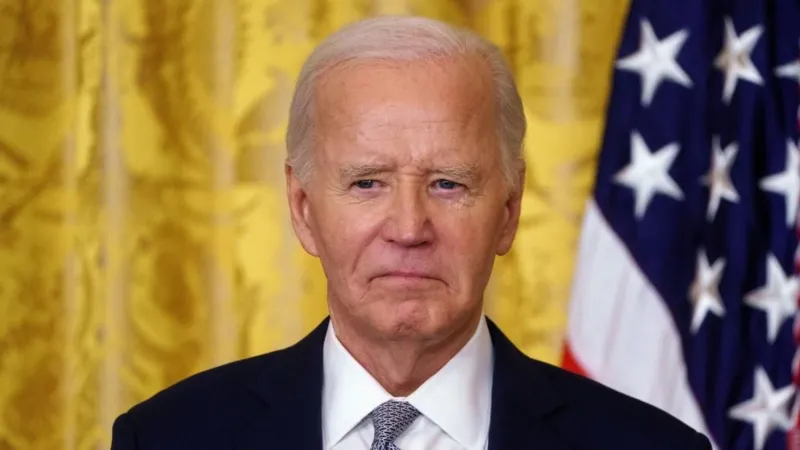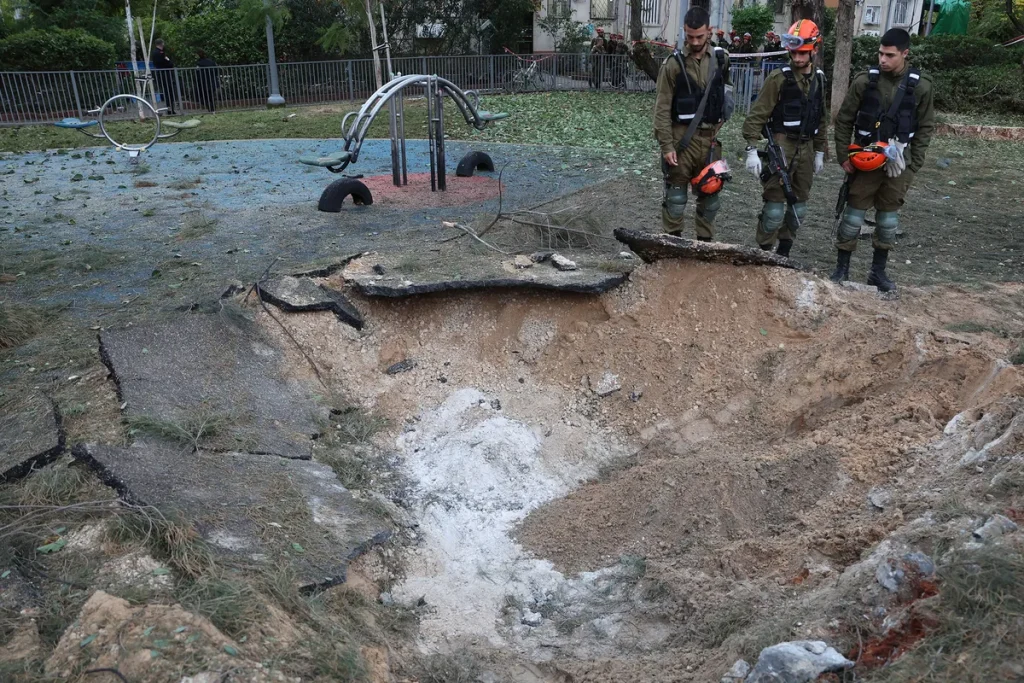Israel to close embassy in Ireland over ‘anti-Israel’ policies

Israel has announced plans to close its embassy in Ireland, citing what it describes as Ireland’s increasingly “anti-Israel” policies. The decision marks a significant diplomatic move and underscores the growing tensions between the two nations over their respective stances on the Israeli-Palestinian conflict. This development comes amid an ongoing debate about Israel’s policies toward Palestinians, with Israel accusing Ireland of unfairly targeting the Jewish state.
The closure of the Israeli embassy in Dublin is the latest in a series of diplomatic disputes between Israel and several European countries over their criticism of Israel’s actions in the Palestinian territories. Israel has long been critical of what it sees as European nations’ tendency to single out Israel for its policies, especially regarding the expansion of settlements in the West Bank and its treatment of Palestinians. The decision to shut down the embassy is a significant step in Israel’s efforts to push back against what it views as biased international condemnation.
Background to the Decision
The tensions between Israel and Ireland have been escalating for years, particularly over Ireland’s stance on the Israeli-Palestinian conflict. Ireland has been one of the strongest critics of Israel within the European Union, especially regarding issues such as settlement expansion and the treatment of Palestinians in the Gaza Strip. Ireland has also supported various United Nations resolutions condemning Israeli actions in Palestinian territories, which Israel argues are often one-sided and fail to consider the security concerns of the Israeli state.
A major point of contention has been Ireland’s legislative efforts aimed at penalizing companies involved in business activities related to Israeli settlements in the West Bank. In 2018, the Irish parliament passed a law banning the importation of goods from settlements in occupied Palestinian territories, a move that was criticized by Israel as a violation of international law and a step toward isolating Israel on the global stage. Israel strongly opposes any actions it perceives as delegitimizing its sovereignty over disputed territories, and such measures have often prompted backlash from Israeli leaders.
In addition to these measures, Ireland’s vocal support for Palestinian rights and its consistent criticism of Israel’s military actions in Gaza have made it one of the more prominent European nations in challenging Israel’s policies. Israel, on the other hand, views these stances as deeply unfair, arguing that its actions are driven by security concerns, particularly in light of ongoing threats from militant groups such as Hamas.
Israeli Response and Diplomatic Fallout
The decision to close the embassy is being seen as a direct response to Ireland’s perceived bias against Israel. Israeli officials have long stated that they feel Ireland’s criticism of Israel is not balanced and that the country has failed to recognize Israel’s security needs. In a statement regarding the embassy closure, Israeli Foreign Minister Eli Cohen expressed disappointment in Ireland’s stance, stating that the move was “necessary to protect Israel’s interests in the face of biased and harmful policies.”
Cohen also emphasized that Israel remains committed to peace but will not tolerate what it views as attempts to undermine its legitimacy through international condemnation. The closure of the embassy is intended to send a strong message to Ireland, as well as to other countries that may criticize Israel, that Israel will not accept policies it deems discriminatory or one-sided.
In response to the closure, Irish officials expressed regret, calling the decision “unfortunate” and stressing their continued support for a peaceful resolution to the Israeli-Palestinian conflict. While Ireland maintains its position in favor of a two-state solution, it also continues to advocate for Palestinian rights and criticize Israeli actions in the occupied territories.
Implications for Israel-Ireland Relations
The closure of the Israeli embassy in Dublin will likely have significant diplomatic consequences, further straining the relationship between Israel and Ireland. This move comes at a time when tensions are already high between Israel and many European nations over the ongoing Israeli-Palestinian conflict. The decision could also have broader implications for Israel’s standing within the European Union, as some European countries share Ireland’s critical stance on Israel’s actions in the West Bank and Gaza.
The closure of the embassy may also affect the Israeli expatriate community in Ireland and the broader trade and diplomatic relations between the two nations. While the embassy may officially close, Israel is likely to maintain a diplomatic presence in Ireland through other channels, though this will limit the scope of bilateral cooperation.
Moreover, the closure could signal a broader shift in Israel’s foreign policy approach, particularly toward countries that openly criticize its treatment of Palestinians. Israel has previously suspended or downgraded diplomatic relations with countries that it perceives as hostile or overly critical, and it is possible that this trend could continue as Israel pushes back against what it sees as unfair treatment on the global stage.
International Reaction
The closure has also drawn reactions from other international actors, particularly those advocating for Palestinian rights. Pro-Palestinian groups have expressed support for Ireland’s position, praising its commitment to holding Israel accountable for its actions in Palestine. At the same time, critics of Ireland’s position argue that its policies are too one-sided and ignore the complexities of the conflict, including Israel’s security concerns.
The diplomatic standoff between Israel and Ireland is likely to reverberate throughout the international community, particularly in the context of ongoing debates about the Israeli-Palestinian conflict and the role of international actors in mediating peace. As the situation unfolds, it is unclear whether the closure of the embassy will lead to any broader shifts in Israel’s relations with Europe or if it will spark a reevaluation of Ireland’s policies toward Israel.
The closure of Israel’s embassy in Ireland is a significant diplomatic development that highlights the ongoing tensions between Israel and European nations over their handling of the Israeli-Palestinian conflict. The decision reflects Israel’s growing frustration with what it perceives as biased international criticism and its willingness to take bold steps to protect its interests. While the move is likely to strain relations with Ireland, it also serves as a reminder of the complex and often contentious nature of international diplomacy, particularly when it comes to the Middle East. As both nations navigate their diplomatic differences, the broader implications for international relations and the future of the Israeli-Palestinian conflict will continue to unfold.


